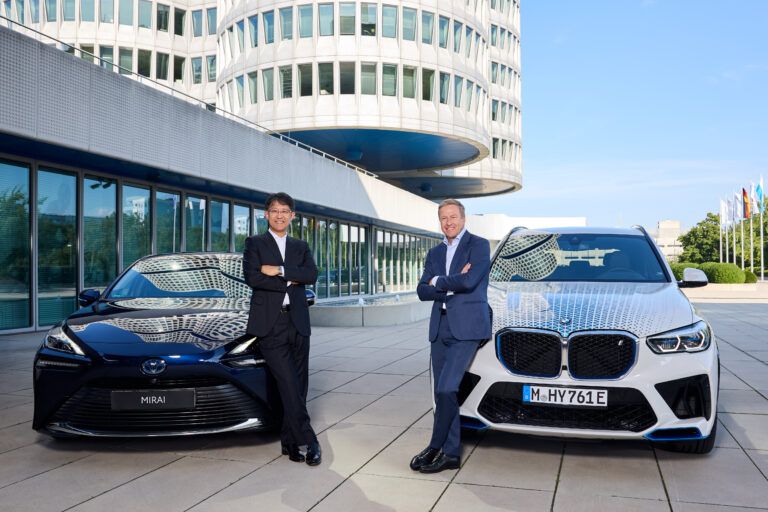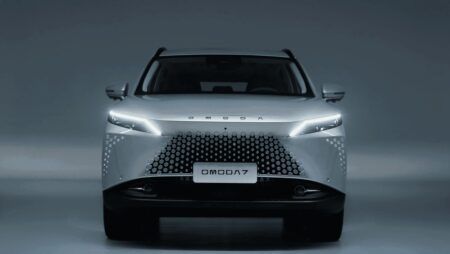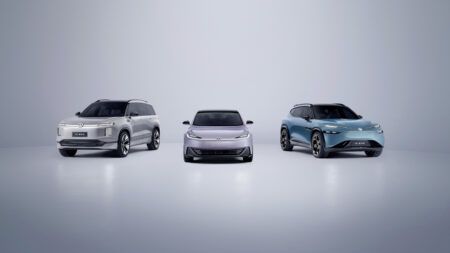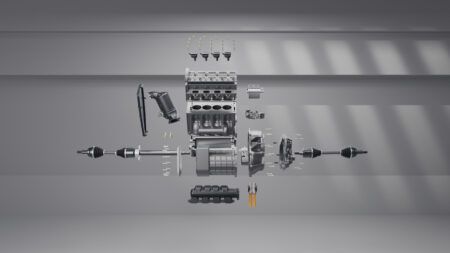BMW is set to make automotive history with the launch of its first series production fuel cell electric vehicle (FCEV) in 2028, marking a significant milestone for premium manufacturers in the zero-emission vehicle market. This groundbreaking move is the result of an extended collaboration between BMW Group and Toyota Motor Corporation, aimed at advancing hydrogen fuel cell technology and expanding mobility solutions for the future.
“This is a milestone in automotive history: the first-ever series production fuel cell vehicle to be offered by a global premium manufacturer,” said Oliver Zipse, Chairman of the Board of Management of BMW AG. “Powered by hydrogen and driven by the spirit of our cooperation, it will underscore how technological progress is shaping future mobility.”
The partnership between BMW and Toyota will focus on jointly developing a powertrain system for passenger vehicles, utilizing third-generation fuel cell technology. This collaboration is expected to create synergies for both commercial and passenger vehicle applications, potentially reducing costs and expanding FCEV options for consumers.
“We will deepen our collaboration in efforts such as the joint development of next-generation fuel cell systems and the expansion of infrastructure, aiming for the realization of a hydrogen society,” said Koji Sato, President of Toyota Motor Corporation.
BMW plans to integrate its hydrogen-powered production model into its existing portfolio, offering it as an additional variant to complement its battery electric vehicles (BEV), plug-in hybrid electric vehicles (PHEV), and internal combustion engines (ICE).
Both companies are advocating for the expansion of hydrogen refueling infrastructure alongside battery electric vehicle charging stations. They are also encouraging sustainable hydrogen supply by creating demand and collaborating with companies involved in low-carbon hydrogen production, distribution, and refueling facilities.
The BMW Group and Toyota Motor Corporation view hydrogen as a promising future energy carrier for global decarbonization, capable of balancing supply and demand in renewable energy integration. As the automotive industry continues to evolve, this partnership aims to position hydrogen fuel cell technology as a viable and complementary option in the pursuit of sustainable mobility solutions.





